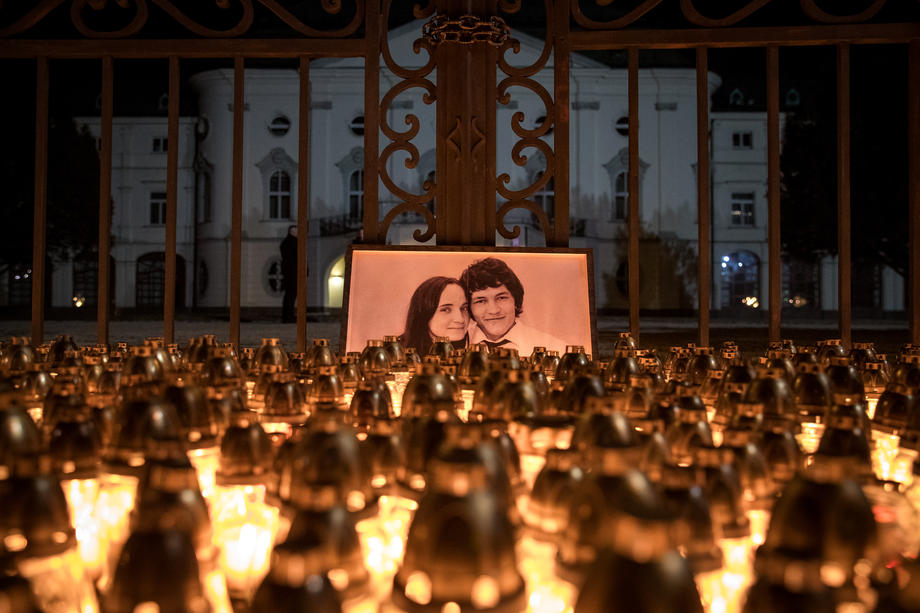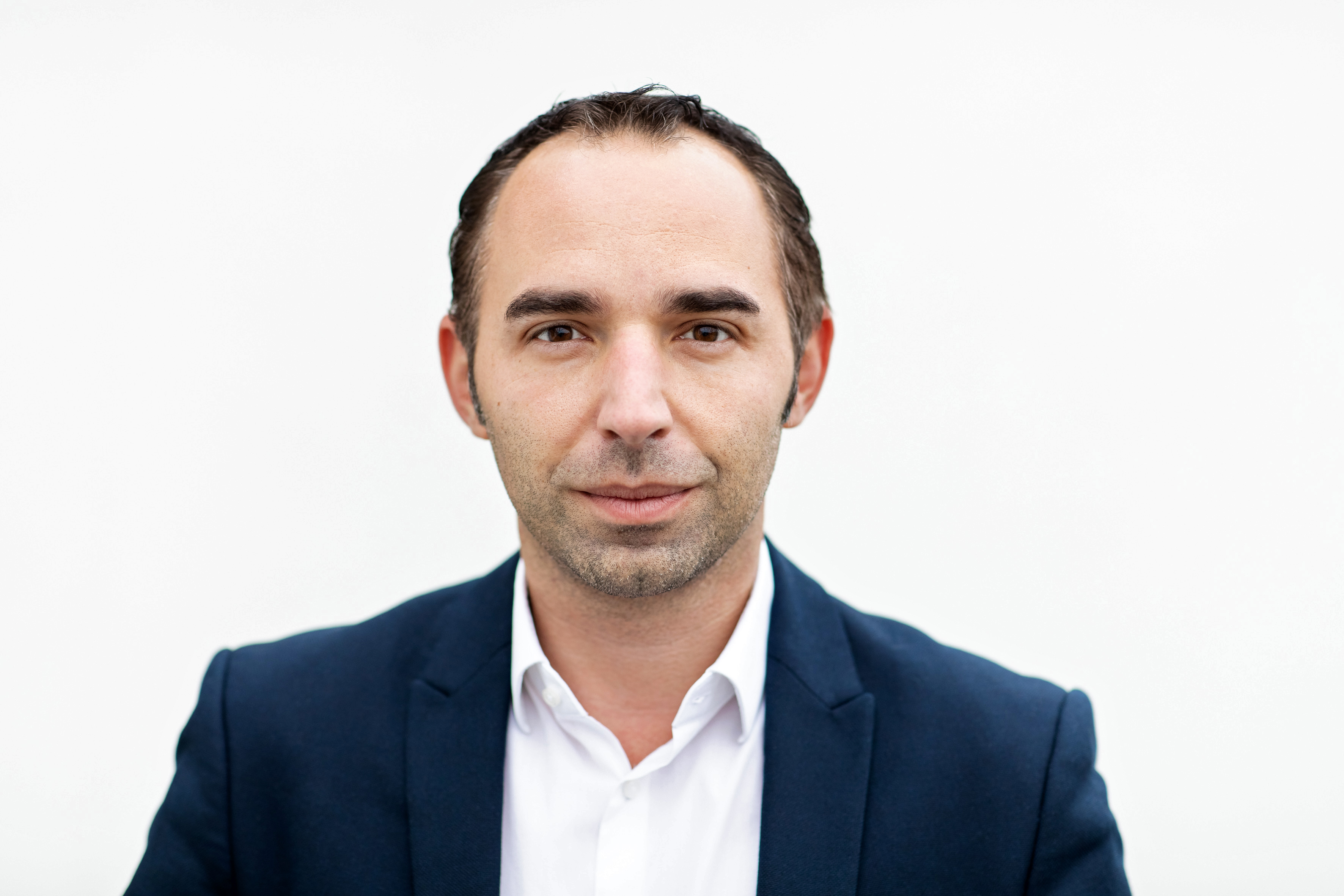The news came through in the morning of February 25, 2018. A young Slovak investigative journalist and his fiancée had been shot dead in their home.
For Christoph Lehermayr, an Austrian investigative journalist working at the time in Vienna, the reaction was one of shock and disbelief.
“I couldn’t believe what had happened. This wasn’t something that any of us thought would be possible in Europe. I turned to the photographer next to me and the decision was made immediately. We got in the car and drive to Slovakia”, he recounted in a recent interview with the International Press Institute.
Within an hour, they were standing on the street looking up at the home of Ján Kuciak and his girlfriend, Martina Kušnírová. For Lehermayr, this was the start a two-year journalistic project which culminated in the publishing of a book: Ján Kuciak: The Murder Mystery.
The text, which was published as an e-book in English and German last month, recounts the painful story of Kuciak and Kušnírová’s killing and the ongoing search for justice that led to the biggest protests in the country since the 1989 Velvet Revolution and the resignation of then Prime Minister Robert Fico.
During his investigations Lehermayr followed the case every step of the way: attending the funeral, meeting with Kuciak’s family, reporting the police investigations and carrying out dozens of interviews. After those suspected of carrying out and ordering the assassination were slowly arrested and charged, he then attended hearings and trials.
“As a Czech speaker who understands Slovak, I felt I had a responsibility to report on this case”, said Lehermayr, the former head of the international news at Austrian magazine News. “I was also shocked at the lack of coverage in Austria and wanted to help draw attention to Ján’s and Martina’s case beyond the borders of Slovakia.”
Initially he had reported the case for international publications. “As more information became public and the scale of the crime became clearer, we saw how big the implications were for the country. As a journalist, and as a storyteller, I realised that there was such a big story to tell here”, he explained.

At times, the story does seem more like fiction than real life, he says. The true crime book dives into the shady links between Slovakia’s business and political elite which Kuciak had been investigating, and the underworld of organized crime linked to one of the defendants which allegedly committed a string of murders in the Central European country.
It also examines the links between those charged with ordering and facilitating the killing: the controversial businessman Marian Kočner, a figure allegedly linked to mafia groups who had been convicted of tax-fraud, and the alleged middlewoman Alena Zsuzsová, the mother of Kočner’s goddaughter who reportedly used sex to blackmail influential men.
“The story and the characters were there. It just needed to be told”, Lehermayr said. In researching the case, he spent time with Kuciak’s parents and brother and his colleagues at Aktuality.sk, the online news site where Kuciak had uncovered allegations of tax fraud and financial crimes implicating Kočner and others.
“The more I learnt about Ján, the more respect I had for him”, he added. “He was truly a showcase of how investigative journalists should act and live.”
Reflecting on the first-degree court acquittal of the alleged mastermind Kočner in September 2020, he said: “Impunity for the organizers of the murder must not be an option and it would be devastating if those responsible for ordering it get away with it in the end.
“It’s our duty as Ján’s colleagues all over the world to spread that message as long as the case remains open, so that prosecutors and investigators can step up their work”, he added. “Hopefully this can also contribute to uphold expectations towards Slovak authorities to solve the murder fully once and for all.”
